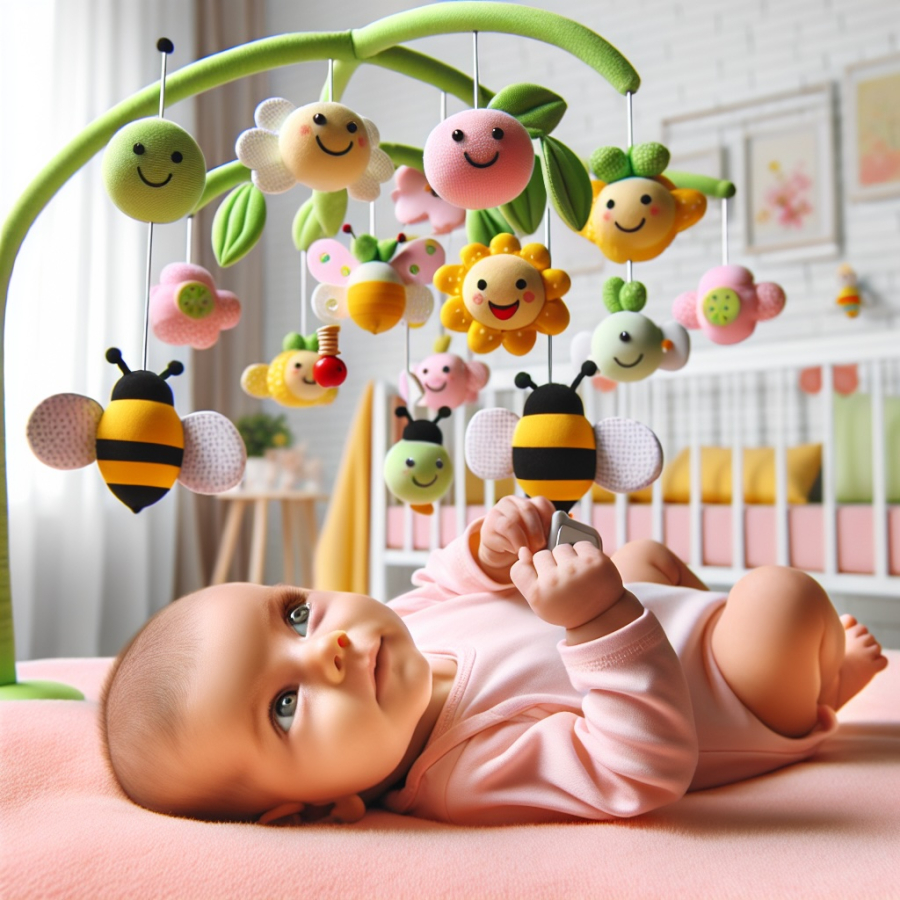Every parent desires their children to be not only intelligent and sharp in terms of IQ but also possess high emotional intelligence (EQ) and sensitivity. What few people know is that the intellectual development of a child depends significantly on the teaching and nurturing methods employed by parents. Some children, who may not show clear talents from an early age, can excel academically thanks to a solid educational foundation from their families.
Scientists suggest that the brain of a child contains millions of nerve cells, which play a crucial role in the formation of cognitive and motor skills. The development of these cells can enhance learning abilities, enabling children to make continuous progress.
Below, we will explore some simple yet effective educational methods that can stimulate a child’s intelligence. These suggestions are distilled from experience and professional knowledge, making them useful tools for parents to accompany their children on their developmental journey.

Developing intelligence in children through simple experiences
From the first days of life, hanging colorful toys around the baby’s crib can enrich the child’s world of observation. As the baby begins to explore the surrounding world, bring them to the magnificent beauty of nature, where they can utilize all their senses: from sight and touch, to hearing and movement, allowing them to explore and learn.
These seemingly simple experiences are actually vital in a child’s intellectual development. They not only help children enhance their perceptual skills but also stimulate curiosity and exploration, fundamental elements of the learning process.
The impact of parental love on a child’s brain development
Scientific studies have shown that the love parents give to their children not only nourishes their souls but also promotes brain development, while simultaneously improving children’s overall health. Children enveloped in this love often integrate better into communities, thereby forming stronger friendships.

Encouraging practical experiences to develop life skills in children
Create opportunities for children to engage in practical activities, thereby honing their practical skills, fostering curiosity, and enhancing their problem-solving abilities. Involve children more in extracurricular activities, from nature walks to shopping together, allowing them to experience a vibrant and colorful life. In their journey of exploration, parents should establish clear boundaries instead of relying on punishments, encouraging positive communication and educating children about the value of authenticity in life.
Nurturing thinking and communication skills in children through books and games
Encourage children to develop language skills and critical thinking through reading books, storytelling, and discussions. Engage children in conversations by asking questions and encourage them to express their own opinions. Participate in games and interactive activities to improve their thinking, concentration, and quick reflexes. Furthermore, children should be encouraged to participate in extracurricular activities organized by schools to develop comprehensive skills.

The importance of the educational environment in a child’s development
As children spend a significant amount of time studying and interacting at school, the influence of teachers and peers becomes crucial. Parents should consider choosing schools with quality teaching and excellent learning environments, allowing their children to absorb knowledge and valuable values, making positive contributions to their long-term future.
Nurturing and educating a child to become intelligent and exceptional is an ongoing process that requires patience, continuous learning, and relentless effort from parents.
Mothers’ Need for Awareness of Dual Activity of Breastfeeding and Watching TV
In the contemporary world, in which technology pervades our lives, some mothers tend to soothe their babies through nursing while simultaneously watching television. Although this practice may not appear to affect the infant, studies show that it can in fact have dire repercussions on the baby’s well-being, both in terms of physical health and mental growth. In this article, we will look at the possible reasons for this activity and its potential outcomes.
The difference between children who like to argue back and those who never argue back when they grow up.
Different environments shape different children. Some parents will find their child to be argumentative, always ready with a counterargument if you say something, they will have plenty of words waiting for you to refute them; they often act like a talkative person.





































